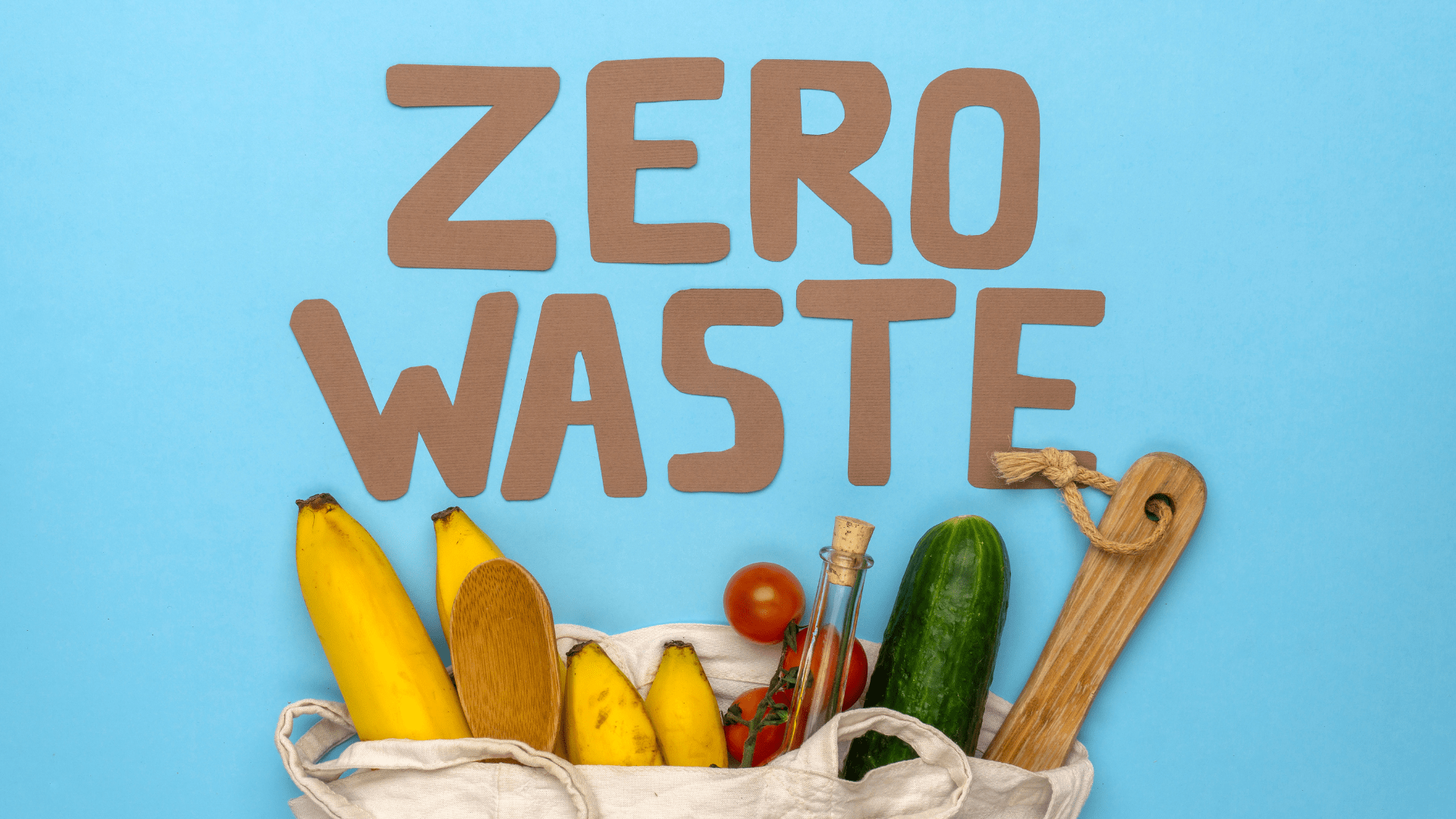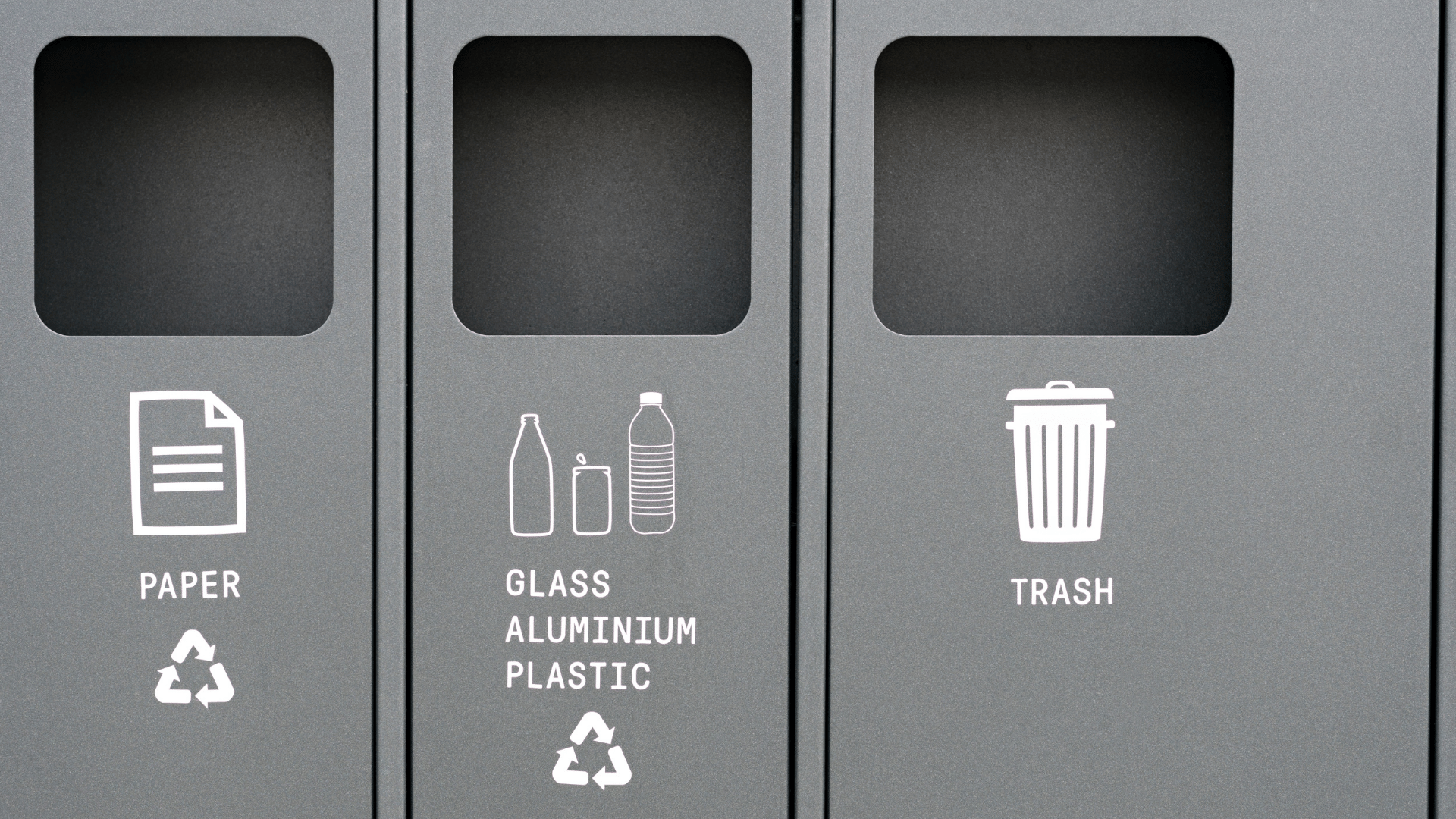Organic waste, often overlooked and underestimated, plays a crucial role in the overall waste management system. Unlike other forms of waste, organic waste consists of both biodegradable waste and materials derived from living organisms, such as food scraps, yard waste animal and livestock manure,, and other plant and animal-based materials. Effectively managing organic waste at home is essential not only for reducing the negative environmental impact of of organic waste disposal but also for creating nutrient-rich compost that can enhance soil fertility. Today, we will explore the concept of organic waste, its environmental implications, and practical strategies for managing it at home.
What is Organic Waste?
Organic waste encompasses a wide range of materials that decompose naturally, returning their nutrients to the soil as organic matter. This category of solid waste includes kitchen waste like fruit and vegetable peels, coffee grounds, eggshells, and leftovers. Additionally, yard waste such as grass clippings, leaves, and pruned branches falls into the organic waste category. Unlike non-biodegradable materials, organic waste generated as compost and waste has the potential to be transformed into valuable resources through proper management techniques.
Common Types of Organic Waste management
1. Kitchen Scraps:
- Fruit and Animal Waste: This includes peels, cores, and any parts of fruits and vegetables that are typically discarded. Animal waste from meat or fish preparation also falls into this category.
- Vegetable Peels: The outer layers of vegetables, such as potato skins, carrot peels, and the like.
- Coffee Grounds: Leftover coffee grounds are a rich source of organic material that can be composted.
- Eggshells: Eggshells, being primarily composed of calcium carbonate, can be beneficial for soil health when composted.
- Leftovers from Food Processing: Any unused or leftover portions of meals, including scraps from chopping and cooking.
2. Yard Waste:
- Grass Clippings: After mowing the lawn, the cut grass constitutes organic waste that can be composted.
- Leaves: Fallen leaves from trees and plants, especially during autumn, are a significant source of organic matter.
- Twigs and Small Branches: Pruning trees and shrubs can generate organic waste in the form of twigs and small branches.
3. Paper Products:
- Paper Towels and Napkins: If made from organic materials and free of synthetic additives or harmful chemicals, these items can be considered organic waste.
- Cardboard: Cardboard boxes, especially those used for packaging organic goods, can be recycled as organic waste.
Environmental Impact of Organic Waste
The improper disposal of organic waste has a significant impact on human energy consumption and the environment and has negative impacts on human consumption and on the environment. When organic waste ends up in landfills, it undergoes a process of anaerobic decomposition, producing methane, a potent greenhouse gas. Methane is a major contributor to climate change, among greenhouse gases, and its release into the atmosphere exacerbates global warming.
Furthermore, the waste disposal of organic waste in landfills results in carbon dioxide and the wastage of valuable nutrients that could otherwise enrich the soil. Embracing sustainable practices to manage organic waste not only reduces greenhouse gas emissions but also promotes the production through biological process of a circular economy closed-loop production system, what is an organic waste natural process where waste becomes a valuable resource.
Managing Organic Waste at Home
Implementing effective organic waste management at home involves adopting practices that reduce, reuse, and recycle organic wastes and waste generated materials. The following strategies offer practical ways to manage organic wastes and waste raw materials in a sustainable manner:
1. Composting:
Composting is a natural process that transforms organic waste into nutrient-rich compost, a valuable soil conditioner. Home composting involves collecting kitchen scraps, yard waste, and other organic materials in a compost bin or a compost pile together. The decomposition and composting process of organic wastes into compost is facilitated by microorganisms that break down the organic matter into humus—a dark, crumbly substance that improves soil structure, water retention, and nutrient content. Composting not only reduces the volume of waste sent to landfills but also provides an eco-friendly alternative to chemical fertilizers.
2. Worm Bins:
For those with limited landfill space, or living in urban environments, vermicomposting plant waste is a viable option. This method involves diverting organic waste by using composting worms, such as red wigglers, to break down organic waste. The worms consume the organic matter and produce nutrient-rich castings, or worm manure, as a byproduct. Vermicomposting is an efficient way to manage kitchen scraps and landfill space, and the resulting vermicompost plant material can be used as a potent fertilizer for plants.
3. Mulching:
Yard waste, such as grass clippings and leaves, can be utilized as mulch in gardens and landscapes. Mulching helps retain soil moisture, suppress weed growth, move nutrients and regulate soil temperature. By using yard waste as mulch, homeowners can contribute to water and energy conservation and reduce the need for synthetic fertilizers.
4. Food Waste Reduction:
Minimizing kitchen waste at the source is an essential step in organic waste management. This process can be achieved by practicing mindful food consumption, meal planning, and reducing food waste at major source. Additionally, adopting habits such as using reusable containers, compostable bags, using compost bins, and buying products with minimal packaging can contribute to a significant reduction in overall organic waste generation.
5. Community Composting Programs:
Engaging in community composting programs provides an opportunity to collectively manage organic waste. Many communities offer centralized composting facilities where residents can drop off their organic waste. This not only promotes community involvement in green waste, and recycling but also allows for the centralized production of compost that can be used to enrich public spaces, such as parks and community gardens.
6. Educational Initiatives:
Educate yourself and others about agricultural waste and organic wastes and the importance of organic waste management. Share information with friends, family, and neighbors to raise awareness about sustainable agricultural and municipal waste and organic waste management can and practices. Encourage the adoption of composting and recycling habits within your community.
As we navigate the challenges of both environmental protection and sustainability, managing organic waste at home emerges as a tangible and impactful solution. Embracing composting, vermiculture, and other eco-friendly practices not only reduces the environmental footprint of organic waste but also transforms it into a valuable resource for enriching the soil. By taking small steps at the individual and community levels diverting organic waste, we contribute to a healthier planet, improve soil health and pave the way for plant growth and a more sustainable future. Let's make conscious choices in managing our organic waste and embark on a journey towards greener living.

.png)





